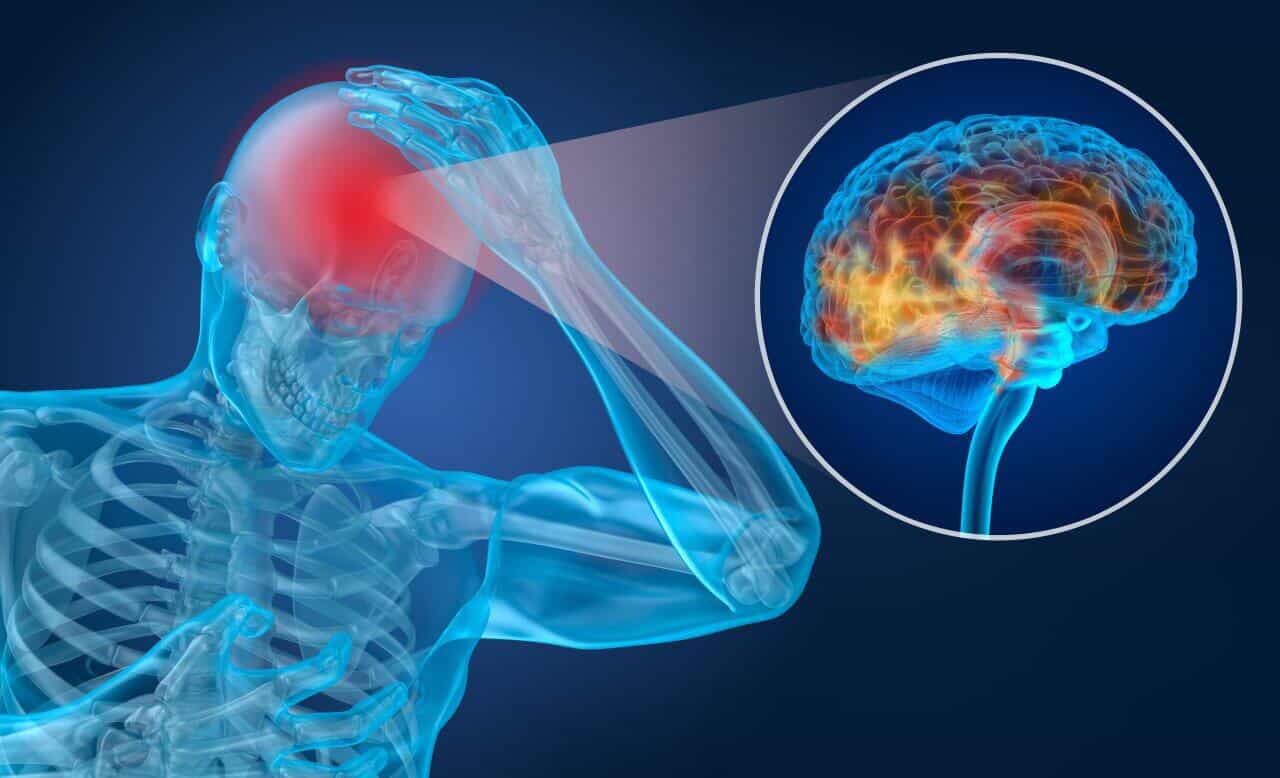A head-butt in soccer, a chest tackle in football, a fall at home, or an accident can all be causes for a concussion. You’ve heard lots of things about concussions, but what are the facts? What do you really need to know about a concussion if you or your child plays sports? Advance ER physician, Dr. Thomas Allen, can answer your questions below.

Here are 5 myths about concussions that people commonly believe are true:
1. If you fall asleep with a concussion you won’t wake back up
while a concussion can change your sleep patterns – make you more tired or sleep longer – you shouldn’t have a problem waking up. “If the patient is unresponsive or difficult to wake up, get immediate medical help,” said Dr. Allen. “But generally, the patient will wake up after sleeping with a concussion.”
2. A concussion is a bruised brain
Different from a physical problem with the brain, a concussion is measured by difficulties with the function of the brain. “Function impairment could include things like difficulty following directions, memory problems or concentration problems,” said Dr. Allen. “These function problems require medical supervision to work towards improvement.”
3. Once the initial “stars” clear up, I can go back into the game
If you are suffering from a concussion and you return to the game, you are at risk for aggravating your condition or receiving a very serious second injury, called Second Impact Syndrome. “No game is worth the possibility of permanent damage or impairment caused by playing through with a concussion,” said Dr. Allen. “If your coach doesn’t remove you, you need to remove yourself and stay out of the game. Get medical treatment as soon as possible.”
4. You have to have your head hit to get a concussion
While some concussions are caused by impact, others are caused by a violent motion of the head, such as in a tackle in football that suddenly changes the player’s momentum.
5. I didn’t black out, so I don’t have a concussion
Loss of consciousness is not a good gauge for concussions. “It’s better to be checked out by a physician to know if a concussion has occurred,” said Dr. Allen. “However, if you did lose consciousness, it’s likely that it was a concussion.”
What are the symptoms of a concussion?
There are several different symptoms that could indicate a concussion. If you notice any of these, see a medical professional immediately:
Blurred vision or double vision
Nausea or vomiting
Dizziness
Headache
Wobbling or balance problems
Ear ringing
Confusion
Difficulty following conversation
Loss of consciousness
Irritability
Sensitivity to light or smells
What should I do if I think I have a concussion?
Have someone drive you to the nearest Advance ER in the Galleria Area at 12338 Inwood Road or in Park Cities at 5201 W. Lovers Lane. There, you will find a board-certified physician with years of experience and the necessary imaging equipment to evaluate you for a concussion. For your convenience, Advance ER features No Wait access and we are open 24/7.
I need a specialist
Advance ER is the only freestanding ER to offer bedside assessment by a board-certified neurologist. Our SPECIALIST NOWSM program offers access within minutes* to a neurologist. This unique feature is offered to our patients at no additional office charge from the neurologist. “We will do whatever is needed to make sure you’re properly evaluated and set up with a treatment plan,” said Dr. Allen.
*Access to specialists through Advance ER’s SPECIALIST NOW program is contingent on the specialist’s availability.

